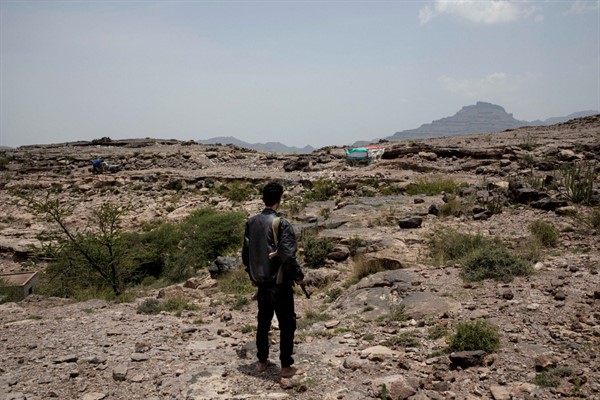It is too soon to tell how the COVID-19 pandemic will affect international security. Whether it will provide opportunities for prolonged peace or create conditions for new rivalries and disputes depends on how long the pandemic lasts, how the world moves forward from bungled initial responses and how quickly countries recover from the virus’s societal and economic fallout. But already, the pandemic is exposing and accelerating trends that have made the world more vulnerable to international conflict.
That may be surprising, since before the outbreak, most statistics indicated that, on the whole, the world had never been better. People were wealthier, healthier and safer than ever, and the chance of a major war between two countries was arguably lower than it had been in centuries.
But that overlooked the ways in which the risk of interstate war was already rising before COVID-19 began to spread. Civil wars were becoming more numerous, lasting longer and attracting more outside involvement, with dangerous consequences for stability in many regions of the world. And the global dynamics most commonly cited to explain the falling incidence of interstate war—democracy, economic prosperity, international cooperation and others—were being upended.

